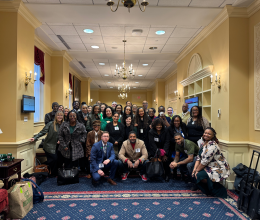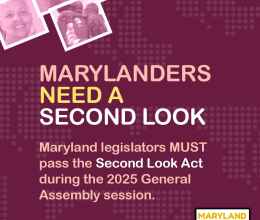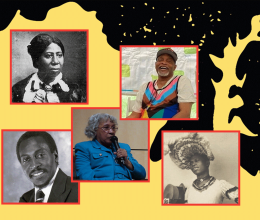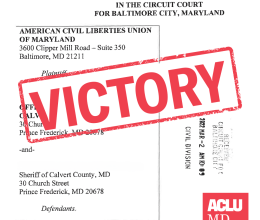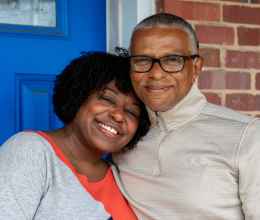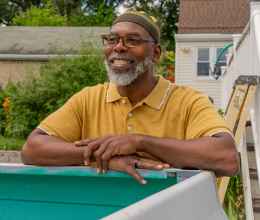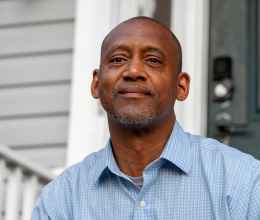- ACLU letter to Baltimore officials 080614
- Maryland Public Information Act request to Baltimore officials 080614
CONTACTS: Meredith Curtis, ACLU of Maryland, 410-889-8555; media@aclu-md.org
BALTIMORE, MD - Troubled that basic questions about how Baltimore police will implement the City's extreme new youth curfew law remain unanswered even as the law takes effect, the American Civil Liberties Union (ACLU) of Maryland is asking Baltimore officials to clarify how police will implement the curfew. In addition, the ACLU has sent a public information request to Mayor Stephanie Rawlings-Blake, Police Commissioner Anthony Batts, and the Mayor's Office of Criminal Justice seeking copies of written guidance provided to police and any data tracking of what happens to those stopped under the curfew law.
"Cops are not social workers and attempts to turn them into youth counselors just don't work," said ACLU Board Member Garland Nixon, a retired police officer and former law enforcement trainer. "Unless there are clear directives and policies clarifying an officer's options when they stop a youth, the reality is that there will be as many policies as there are cops on the street."
The ACLU's letter urges police and city officials to answer basic questions that go to the law's likelihood to criminalize youth - before the curfew takes effect:
- What happens to youth the five nights of the week when curfew centers are not open? (For the foreseeable future, the City will only have two curfew centers, operating from 8 pm - 4 am on weekend nights only.)
- What happens to individuals without ID? (Many young adults do not carry identification. It also unclear what police will do if an individual stopped for a curfew violation says he or she is old enough to be outside, but does not have identification.)
- How will police respond to youth who flee or who do not want to accompany them? (It is unclear what instructions and training are being given to officers about how to handle a young person who refuses to accompany an officer or who is otherwise non-compliant.)
- What steps is the City taking to ensure that curfew stops do not escalate into arrests or the use of force? (It is unclear what proactive steps city officials are taking to ensure that encounters between police and youth on the street are tracked to ensure accountability - not just for those young people brought to curfew centers.)
"There is real fear that, by giving police officers unfettered discretion to stop any young-looking person after 9 pm and demand ID, this law will devolve into stop-and-frisk for kids, or worse," said Sonia Kumar, staff attorney for the ACLU. "This is the same police force that community members have said they don't trust and that has been involved in several tragic losses of life in the last year alone. City officials owe youth, families and the community more than mere promises that ensure police enforcement of the curfew will be different. They owe us answers."
An alternate plan - not centered on police as the primary point of contact with youth - was developed by the ACLU of Maryland, the Homeless Persons Representation Project, Youth Empowered Society, and Advocates for Children and Youth. The plan is supported by a large coalition, including Community Law in Action, Maryland Disability Law Center, Free State Legal, City Neighbors Foundation, the Inner Harbor Project, the Public Justice Center, among many other groups.
###
